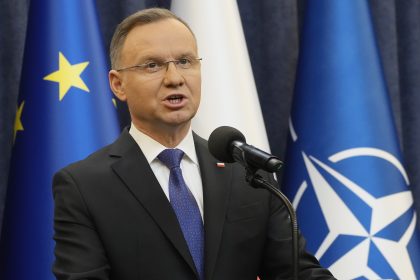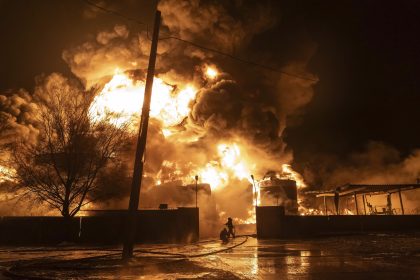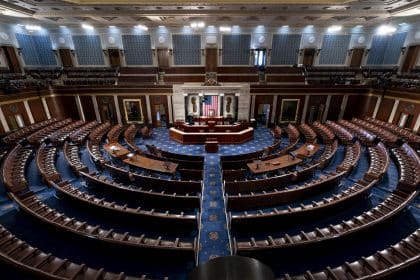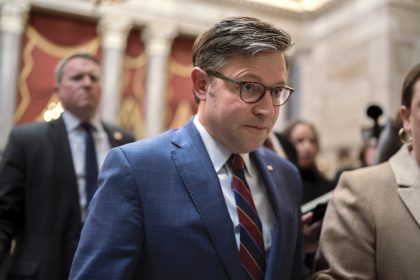US to Keep Europe Energized If Putin Pulls Plug
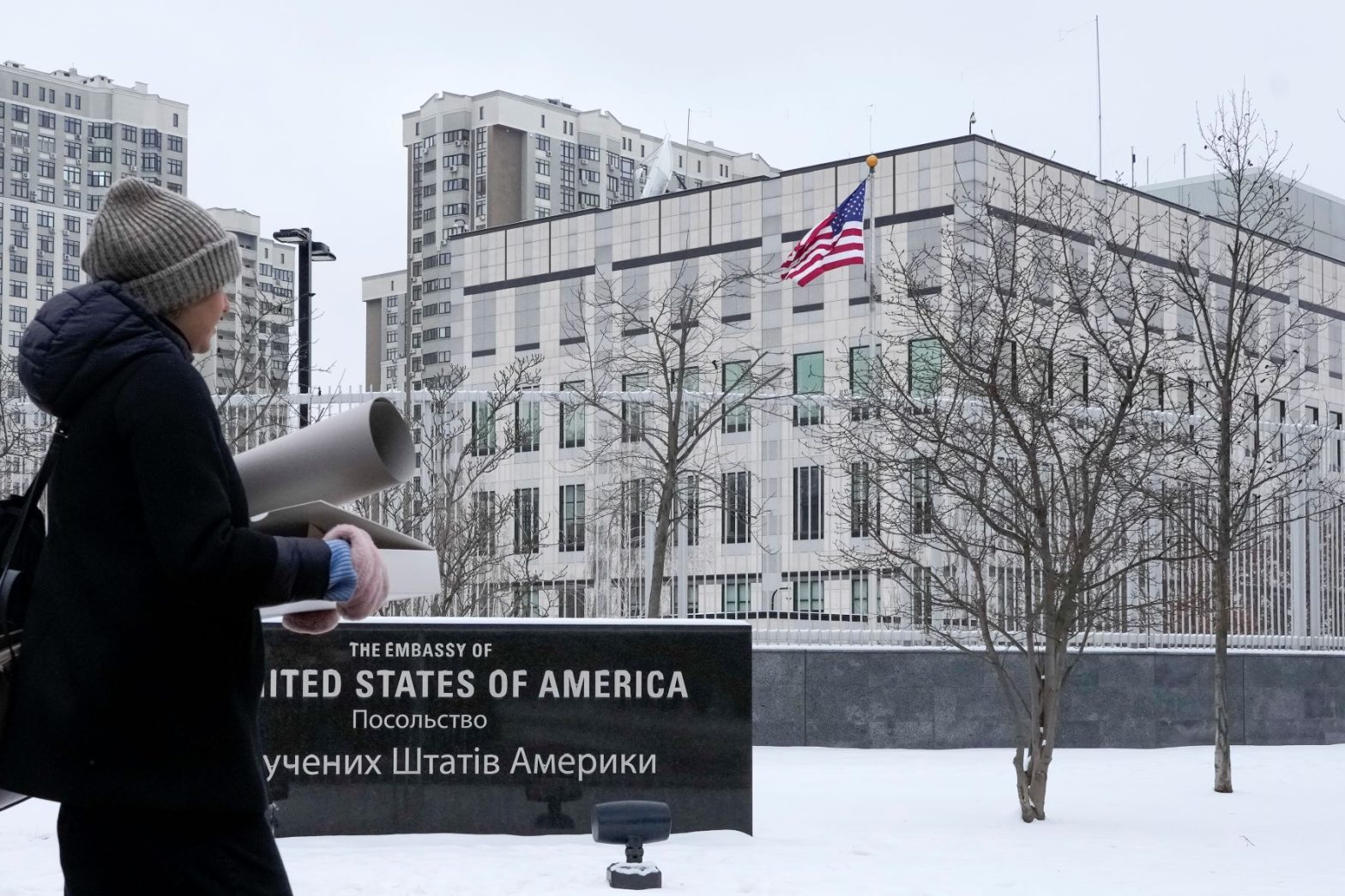
WASHINGTON — If Russian President Vladimir Putin chooses to “weaponize” the oil and gas he currently supplies to Europe, the U.S. and its allies in the Middle East, North Africa and Asia are prepared to make up a significant amount of the energy shortfall, a senior administration official said on Tuesday.
The announcement comes amid undiminished concerns that Russia is about to invade Ukraine, and is doing so during the winter months when Europe is most vulnerable to coercion over its access to energy.
The Biden administration announced on Tuesday that it was working with gas and crude oil suppliers from the Middle East, North Africa and Asia to bolster supplies to Europe in coming weeks, in an effort to blunt the threat that Russia could cut off fuel shipments in the escalating conflict over Ukraine.
European allies have been cautious in public about how far they would go in placing severe sanctions on Moscow if it invades Ukraine. Germany has been especially wary; it has shuttered many of its nuclear plants, increasing its dependence on natural gas imports to generate electricity.
Many European officials have said they suspect President Putin instigated the current crisis in the depths of winter for a reason, calculating that his leverage is maximized if he can threaten to turn off Russian fuel sales to Europe.
Russia currently provides about one-third of the gas and crude oil imported by the European Union, and the thinking goes that Putin believes he can sow disunity among the NATO allies by threatening to shut off the tap.
In making its move on the geopolitical chess board, the Biden administration is seeking to reassure its allies about their access to energy, and therefore make them more willing to go along with other administration plans, like cutting Russia off from the international banking system and critical supply chains.
“We expect to be prepared to ensure alternative supplies covering a significant majority of the potential shortfall,’’ a senior administration official confidently predicted Tuesday morning.
“If Russia decides to weaponize its supply of natural gas or crude oil, it wouldn’t be without consequences to the Russian economy. Remember, this is a one-dimensional economy, and that means it needs oil and gas revenues at least as much as Europe needs its energy supply,” the official said.
While the actions by United States and the European Union may differ if a Russian attack does occur, the administration official said, “We are united in our intention to impose massive consequences that would deliver [a] severe and immediate blow to Russia and over time make its economy even more brittle and undercut Putin’s aspirations to exert influence on the world stage.”
“The gradualism of the past is out,” another administration official said. “This time we’ll start at the top of the escalation ladder and stay there.
“We’ve made efforts to signal this intention very clearly,” the official continued. “And I would say the deepening sell-off in Russian markets, its borrowing costs, the value of its currency, [and the] market-implied default risk reflect the severity of the economic consequences we can and will impose on the Russian economy in the event of a further invasion.”
The officials on the call would not get into specifics about how energy will be transported into Europe in the event the worst case scenario plays out in Ukraine.
“What we’re able to do is look at the ability to increase by a few cargoes — different suppliers increasing by a few cargoes each. And that would make a significant impact, together with the surge of output by pipeline gas,” one of the officials on the call said.
“So, whether it’s in North Africa or Middle East or Central Asia, all the way to the United States and Asia itself, by combining this broader picture, we’re able to bring enough gas to supply the amount that we need,” the official said.
The final question posed by the reporters was whether Putin has an “out.”
“Look, these measures can be incredibly potent in ways that would affect Putin’s calculus,” one of the senior administration officials said. “And, again, that’s not — that’s not conjecture. We can go back to 2014 and look at the statements made by the Russian leadership in terms of the effect it had on their calculus.
“Remember, in 2014, when we imposed sanctions that were far less severe than we’re contemplating now, the restriction of foreign capital to Russia caused record amounts of capital outflows,” the official said. “That caused the currency to depreciate up to 50% and for the Russian Central Bank to have to deploy 25% of its foreign reserves to defend the ruble. It then gave up on defending the ruble. Inflation spiked to the mid-teens. Interest rates were hiked on an emergency basis to the mid-teens. That collapsed real purchasing power. That collapsed real consumption and investment. And Russia ended up with a meaningful recession.
“Now, of course, oil prices at the time were collapsing, and so there was a contribution from that — from that shock, as well as the sanctions. But the reality is the combined effect that we saw in late 2014, if you go back and look at the statements made by the Russian leadership back then, there were many comments made about the appreciable impact — the pain that was being felt by financial sanctions,” the official said.
“And look, we’ll never know the counterfactual: What would have happened if we didn’t apply these sanctions on the Russian economy back then? But, you know, by the statements made by the Russian leadership and from a lot of folks who are watching this very closely, many people felt as though he would have marched much further into Ukraine at that time had it not been for the cost that he was facing.
“And I would say more generally, you know, ultimately, any leader, no matter how rogue they are or whether they’re an autocrat or not, they have to care about popularity, at least as a method of social control,” the official said. “And when you have inflation in the mid-teens and you have a recession, you know, that doesn’t win hearts and minds.
“So his tolerance for economic pain — it may be higher than other leaders’ — but there is a threshold of pain above which we think his calculus can be influenced,” the official concluded.
Dan can be reached at [email protected] and at https://twitter.com/DanMcCue

















